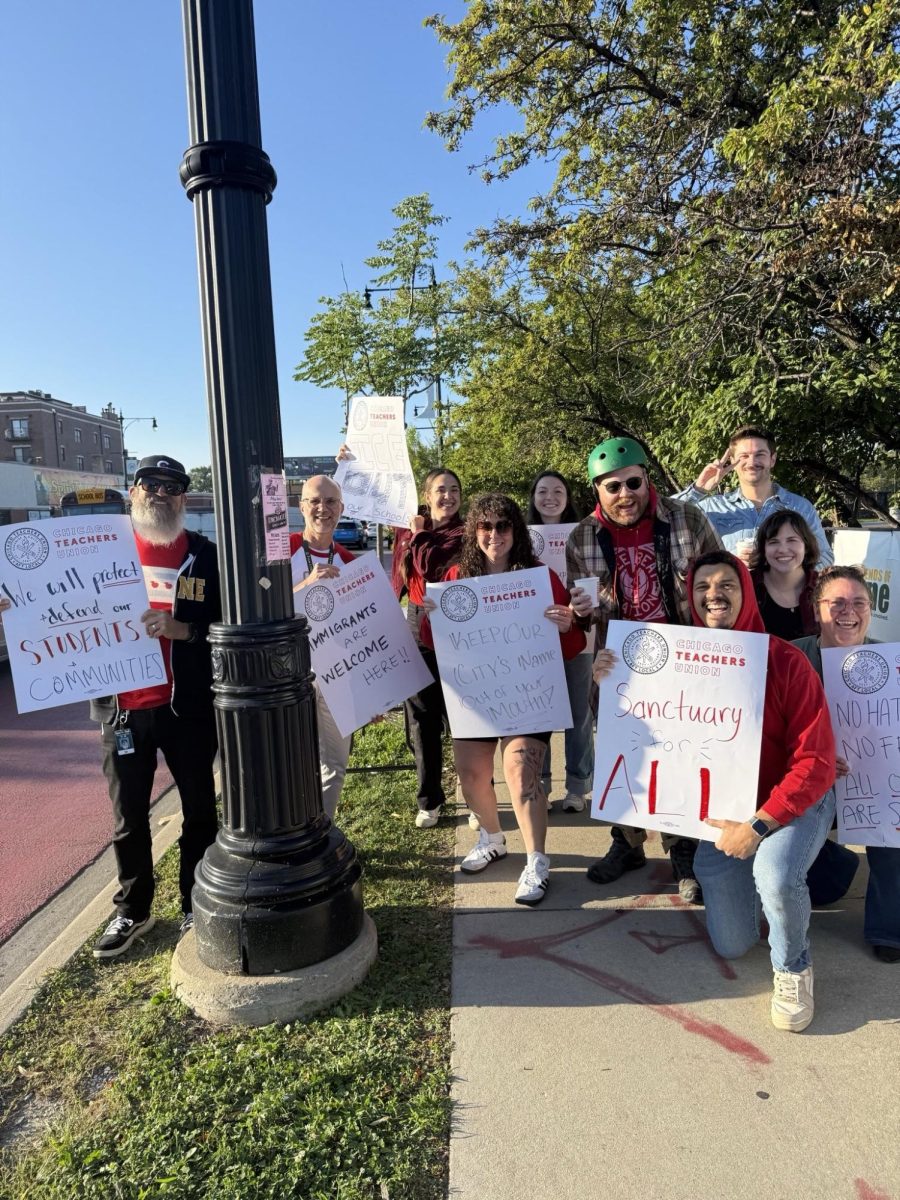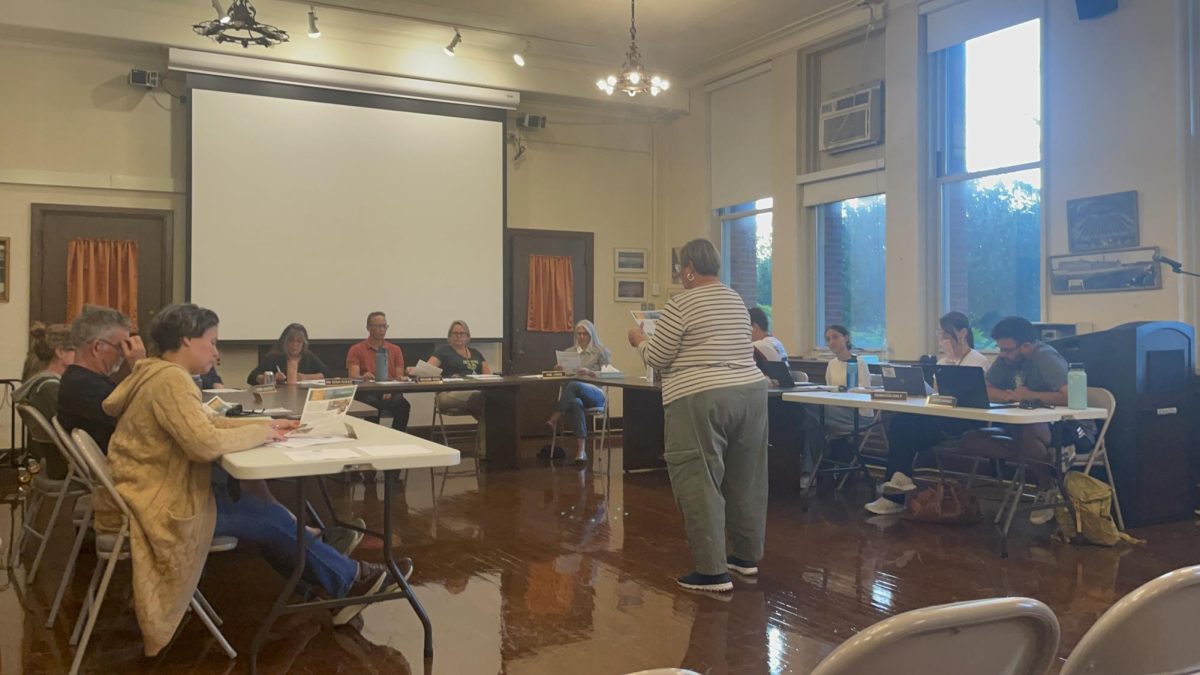By Danah Bialoruski
This spring, Mr. Cox, a Lane social worker is offering up a program for students who have parents that suffer from alcoholism or any type of substance abuse.
The program is intended to help inform students of what alcoholism is, offer them some sort of therapy, and allow them to be surrounded by other students dealing with the same issues who can help be supportive to one another.
Cox said that in his 25 years working at Lane, he has encountered many students who were struggling with alcoholism in their family. He says that Lane had a program that helped students who suffered from substance abuse in the late 90s to early 2000s.
“I’ve seen a lot of kids who have been affected by this,” Cox said. “Alcoholism is sort of a family disease. If you have a parent or parents who are alcoholics or have dependency issues, it kind of trickles down to the child.”
Before the Special Ed department came to Lane, the school was given around $22,000 a year to use as they pleased with programs. The former principal, Dr. Sherman, allowed Cox to spend the money on whatever programs he deemed necessary. He ended up bringing a program called Safe and Drug Free Schools to Lane that focused on students who suffered from substance abuse. Once the Special Ed department came to Lane though, the money was diverted there, leaving the substance abuse program unfunded.
He says that students who come from alcoholic households typically have a harder time coming to school and concentrating. Their home life also does not offer them a proper study atmosphere that they need in order to concentrate on homework.
“It can also affect students to the point where they become a caregiver at home,” Cox said.
Since many suburban schools have solid student assistance programs, Cox hopes that starting this program will allow it to expand to a more extensive program in the future.
“Most schools have one or two social workers who are licensed to provide substance abuse services to students,” he said. “All they do is help students with substance abuse and interventions.”
During the program, Cox hopes to have ten sessions with the students. He wants to teach them more about what alcoholism is and provide them with a safe environment to be able to talk about it.
“A lot of kids grow up in families like this and experience alcoholic parents first hand but don’t really understand what alcoholism is,” he said.
When the students are referred to Cox, either by a teacher or found by Cox himself, they take a screening tool, like a questionnaire, to examine how severe the alcoholism at home may be in order to be able to understand the student better.
“Kids take on certain roles in their families and it kind of defines who they are,” Cox said. “There is a lot of shame and guilt of who they are and use cover ups to hide who they are.” The program will start as mainly a program to help kids who have alcoholic parents. Cox hopes it will expand into a more dense program that will allow both students with substance abuse problems and children with parents who have substance abuse problems to be able to come together.




